A circuit breaker is an essential safety feature in every home. It is attempting to keep you and your property safe. There would be fires and chaos if breakers did not exist, so if your circuit breaker keeps tripping, you must figure out how to fix it, no matter how inconvenient it is.
Here's what you can do if your circuit breaker continues to trip:
- Check for overloaded circuits:One of the most common reasons a circuit breaker trips is that the circuit is overloaded. This happens when too many devices are plugged into one circuit or when a single device draws too much power. To fix this, unplug some of the devices on the circuit or plug them into another circuit. If you have a device that draws a lot of power, like a fridge or washing machine, try plugging it into its circuit.
- Check for loose wiring:Another common reason for circuit breaker trips is loose wiring. This can happen when wires become loose over time or if they were not connected properly in the first place. To fix this, tighten any loose connections and make sure all the wires are connected securely.
- Check for damaged wiring:Damaged wiring is another common cause of circuit breaker trips. This can happen due to age, wear and tear, rodents, or other factors. To fix this, inspect all the wiring in the area where the breaker tripped and look for any signs of damage. If you find any, have an electrician repair or replace the damaged wiring.
- Check for faulty devices: Sometimes, a circuit breaker trips because one of the devices on the circuit is faulty. To fix this, unplug all the devices on the circuit and then plug them back in one at a time. When you find the device that is causing the problem, have it repaired or replaced.
- Have an electrician check the breaker:If you've tried all of the above and your circuit breaker still keeps tripping, there may be something wrong with the breaker itself. In this case, you'll need to have an electrician check it and make any necessary repairs.
By following these steps, you should be able to fix a breaker that keeps tripping. However, if you're not comfortable doing electrical work, it's always best to call an electrician. They can help you troubleshoot the problem and make any necessary repairs.
Why Does My Circuit Breaker Keep Tripping?
There are a few reasons why your circuit breaker might keep tripping. The most common reasons are overloaded circuits, loose wiring, and damaged wiring.
Overloaded Circuits:
One of the most common reasons a circuit breaker trip is because the circuit is overloaded. This happens when too many devices are plugged into one circuit or when a single device draws too much power. To fix this, unplug some of the devices on the circuit or plug them into another circuit. If you have a device that draws a lot of power, like a fridge or washing machine, try plugging it into its circuit.
Loose Wiring:
Another common reason for circuit breaker trips is loose wiring. This can happen when
wires become loose over time or if they were not connected properly in the first place. To fix this, tighten any loose connections and make sure all the wires are connected securely.
Damaged Wiring:
Damaged wiring is another common cause of circuit breaker trips. This can happen due to age, wear and tear, rodents, or other factors. To fix this, inspect all the wiring in the area where the breaker tripped and look for any signs of damage. If you find any, have an electrician repair or replace the damaged wiring.
Faulty Devices:
Sometimes, a circuit breaker trips because one of the devices on the circuit is faulty. To fix this, unplug all the devices on the circuit and then plug them back in one at a time. When you find the device that is causing the problem, have it repaired or replaced.
If you've tried all of these things and your circuit breaker still keeps tripping, there may be something wrong with the breaker itself. In this case, you'll need to have an electrician check it and make any necessary repairs.
What Is a Circuit Overload?
A circuit overload occurs when there is too much current flowing through the circuit. This can happen for several reasons, such as a short circuit, a faulty appliance, or an overloaded power strip. When this happens, the circuit breaker will trip, and the power to the affected area will be shut off. Circuit overloads can be dangerous, so it's important to know how to prevent them. Here are some tips:
- Use only one heat-producing appliance at a time. This includes things like hair straighteners, curling irons, and space heaters.
- Don't plug multiple appliances into one outlet. If you need to use more than one appliance at a time, plug each one into its outlet.
- Don't overload power strips. Only use them for lightweight devices, such as computers and lamps.
- If you're using extension cords, make sure they are the proper gauge for the appliance. A too-small cord can cause an overload.
- Be careful not to overload outlets by plugging in too many devices. This is especially common with holiday decorations.
- Never try to bypass a circuit breaker by using a higher-rated one. This can be very dangerous.
If you're ever unsure about whether or not you're causing an overloaded circuit, err on the side of caution and unplug some appliances or devices. Better safe than sorry!
What Is a Short Circuit?
A short circuit is an electrical circuit that allows a current to travel along an unintended path with little or no resistance. This results in a large flow of current through the circuit, which can cause damage to equipment and pose a fire hazard. Short circuits can be caused by faulty wiring, loose
connections, or damaged insulation. When a short circuit occurs, it is important to shut off the power to the circuit immediately to prevent further damage. Once the power is shut off, a qualified electrician should be called to repair the circuit.
Frequently Asked Questions:
How do you stop a breaker from tripping?
The first thing you need to do is find the root cause of the problem. Once you know what is causing the breaker to trip, you can take steps to fix it. Common causes of breaker tripping include:
- An overloaded circuit
- A short circuit
- A ground fault
If you can identify the cause of the problem, you can take steps to fix it. For example, if the circuit is overloaded, you can remove some of the devices on the circuit or add another circuit breaker. If there is a short circuit, you can repair or replace the damaged wiring. If there is a ground fault, you can install a ground fault circuit interrupter (GFCI).
You should also make sure that your breaker box is properly labeled. This will help you identify which breaker controls which circuit. Once you know which breaker controls the circuit, you can take steps to fix the problem.
If you are still having problems, you may need to call an electrician. An electrician can help you troubleshoot the problem and make any necessary repairs.
What causes a breaker to trip repeatedly?
Breakers are designed to protect your home's electrical circuits from overloads and short circuits. However, breakers can sometimes trip for no apparent reason. If this happens repeatedly, it could be a sign of a more serious problem.
Possible causes of a breaker tripping repeatedly include:
- A faulty appliance or electrical device.
- A wiring problem.
- An overloaded circuit.
- A short circuit.
If you're experiencing repeated breaker trips, it's important to have an electrician diagnose the problem so that it can be corrected. This will help prevent any potential hazards and keep your home's electrical system running smoothly.
Is it possible for a tripped breaker to start a fire?
It's possible, but not likely. If a breaker trips, it's because there's too much current flowing through the circuit. That overload of current can create heat, and if that heat is intense enough, it could potentially start a fire. However, breakers are designed to trip before the current gets to that point. So while a tripped breaker can cause a fire, it's not likely.
If you're concerned about the possibility of a fire starting from a tripped breaker, there are some things you can do to reduce the risk. First, make sure that your breaker box is properly ventilated. This will help to dissipate any heat that does build up. Second, don't overload your circuits. Make sure that you're not putting too much strain on them by using too many appliances at once or by running multiple high-wattage appliances on the same circuit. And finally, if you do have a breaker that trips frequently, have an electrician take a look to see if there's a problem with the circuit that needs to be addressed.
Conclusion:
In conclusion, if your breaker keeps tripping, it is important to figure out the root cause of the problem. Once you know what is causing the breaker to trip, you can take steps to fix the issue and prevent it from happening again in the future. If you are not comfortable troubleshooting the problem yourself, always call a licensed electrician to help you identify and fix the issue.

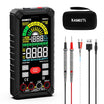

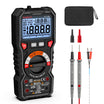
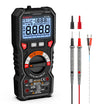
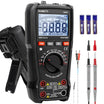
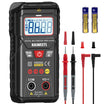
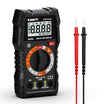
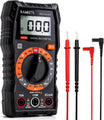
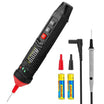
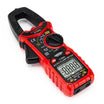
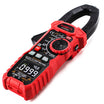
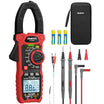
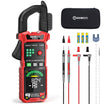
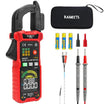
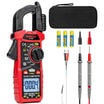

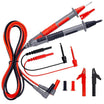
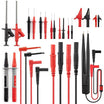
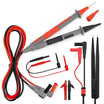

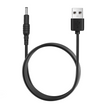
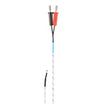
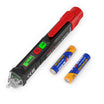
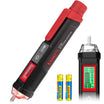
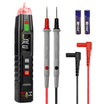
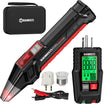
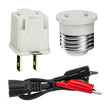
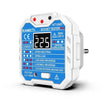
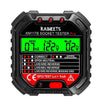
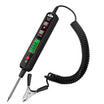
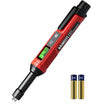
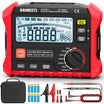
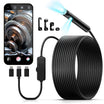
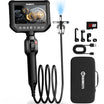
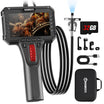
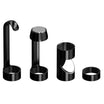
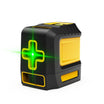
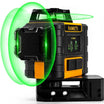
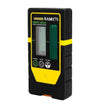



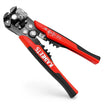

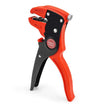
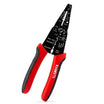
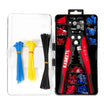
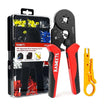
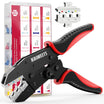
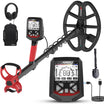

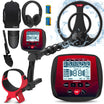
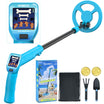
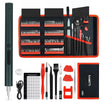
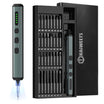
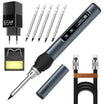

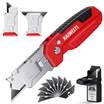
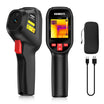
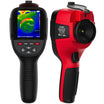
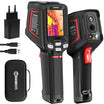
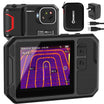
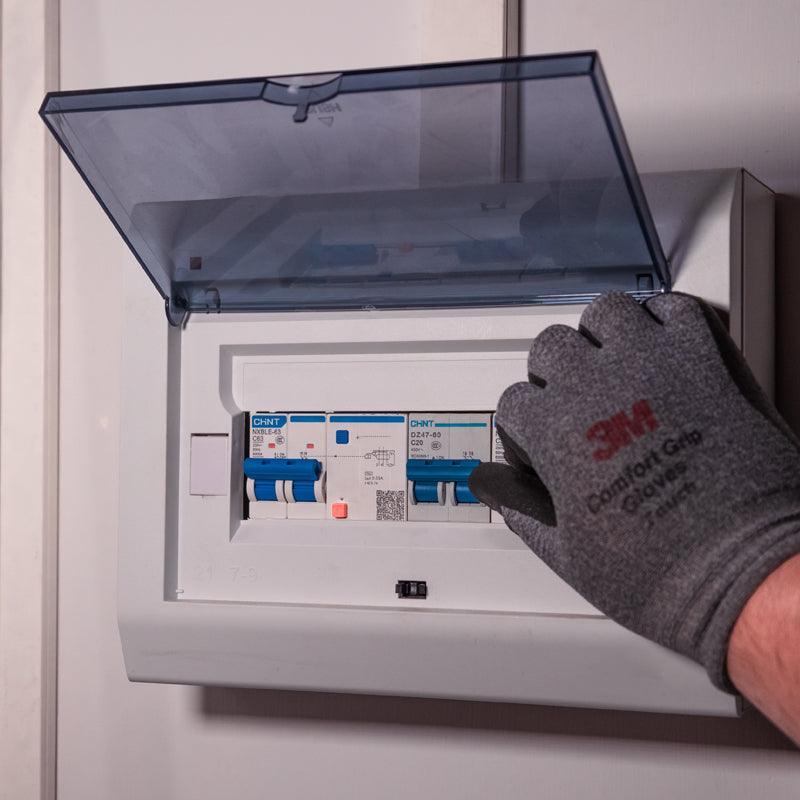
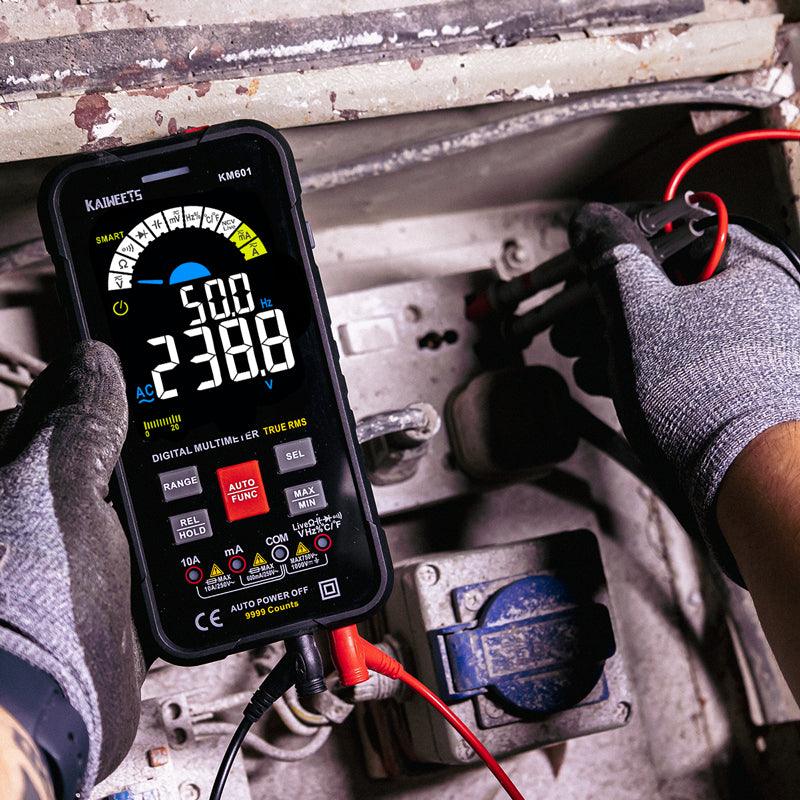
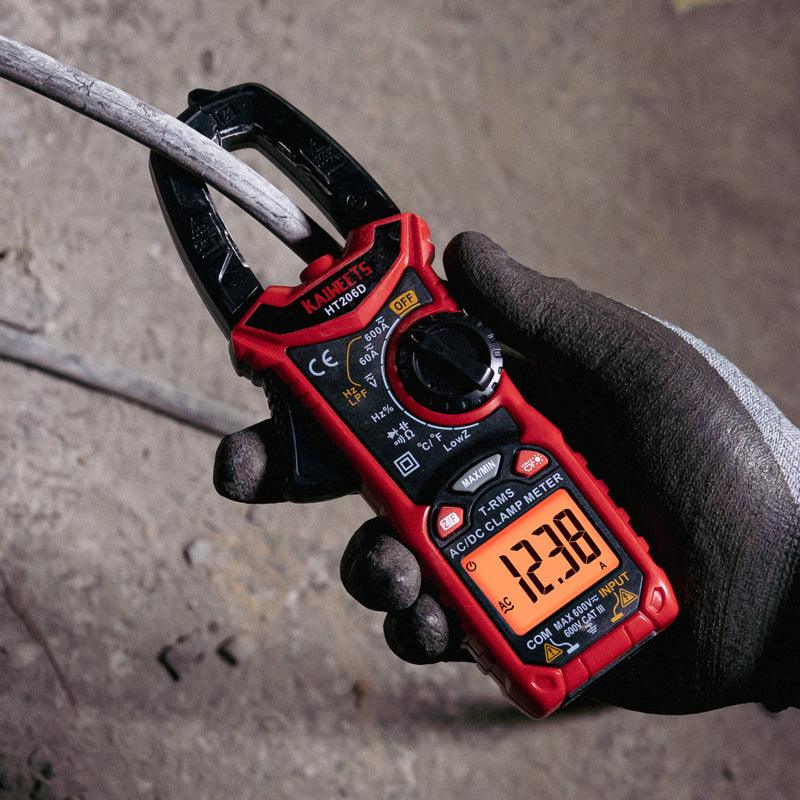
Leave a comment
All comments are moderated before being published.
This site is protected by hCaptcha and the hCaptcha Privacy Policy and Terms of Service apply.